Search Results: 'Soletanche'
You searched for Soletanche
Moving forward in Miami
19 December, 2011
The Port of Miami Tunnel’s journey from initial concept to financial close has not been simple. With the 12.8m diameter TBM finally in the ground Nicole Robinson talks to Rick Wilson, COO and technical manager of the Port of Miami Tunnel project, about site preparation just days before the massive machine begins its journey
Laser guided segment precision
20 October, 2011
T&TI visits the Morgan Sindall precast facility at Ridham Dock in Kent, UK. The plant is currently supplying segments for Thames Water’s Lee Tunnel. Alex Conacher takes the grand tour
Grouting supports tunnelling market
24 August, 2011
The principles of grouting to improve the stability of ground around underground excavations has been known for a long time, but greater attention to the basic questions of ‘where?’ and ‘when?’ has led to grouting operations that are much more sophisticated than pumping mortar into the ground more in hope than judgement. Maurice Jones explores some of the more advanced grouting techniques now being used and how they help make more tunnelling projects possible or easier
Speeding freight under Antwerp docks
21 July, 2011
In the highest value current construction project in Belgium an international public-private-partnership (PPP) consortium is building an important rail link to the west of Antwerp to handle the booming freight traffic to and from the port. The work includes tunnelling under waterways in tricky, soft-ground conditions and utilising an existing, but unused tunnel. Maurice Jones reports from Antwerp
From the ground up - to project control
14 March, 2011
What happens when underground construction practice doesn’t follow design theory? How can engineers find out what is actually happening with accuracy to reduce risk? The principles of structural monitoring have been known for many years but technical developments in instruments to test ground conditions in situ have increased reliability and reduced cost to such an extent that the wealth of information available has required new thinking in data handling, analysis and presentation. Maurice Jones checks with some leading participants on how data is now collected handled and used, plus how improvements might come about
